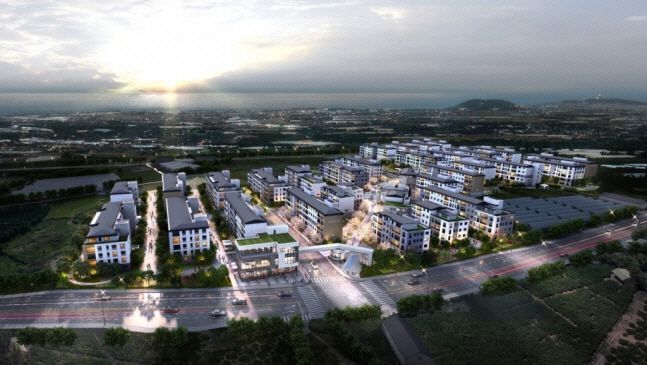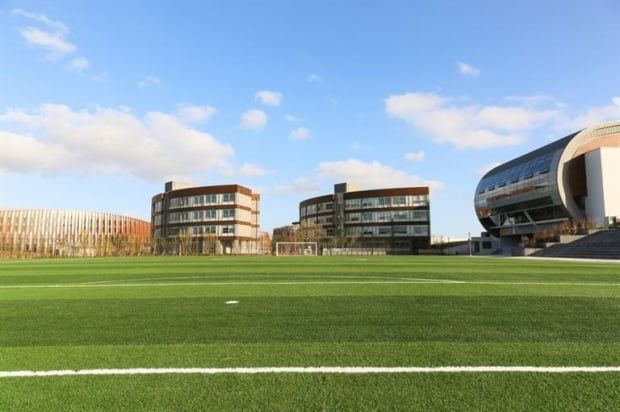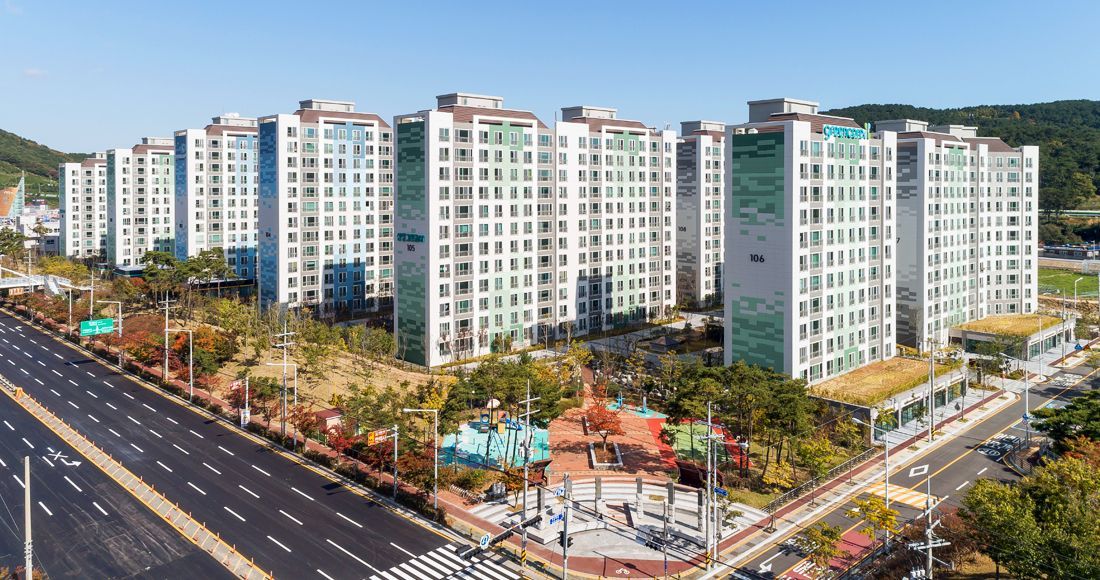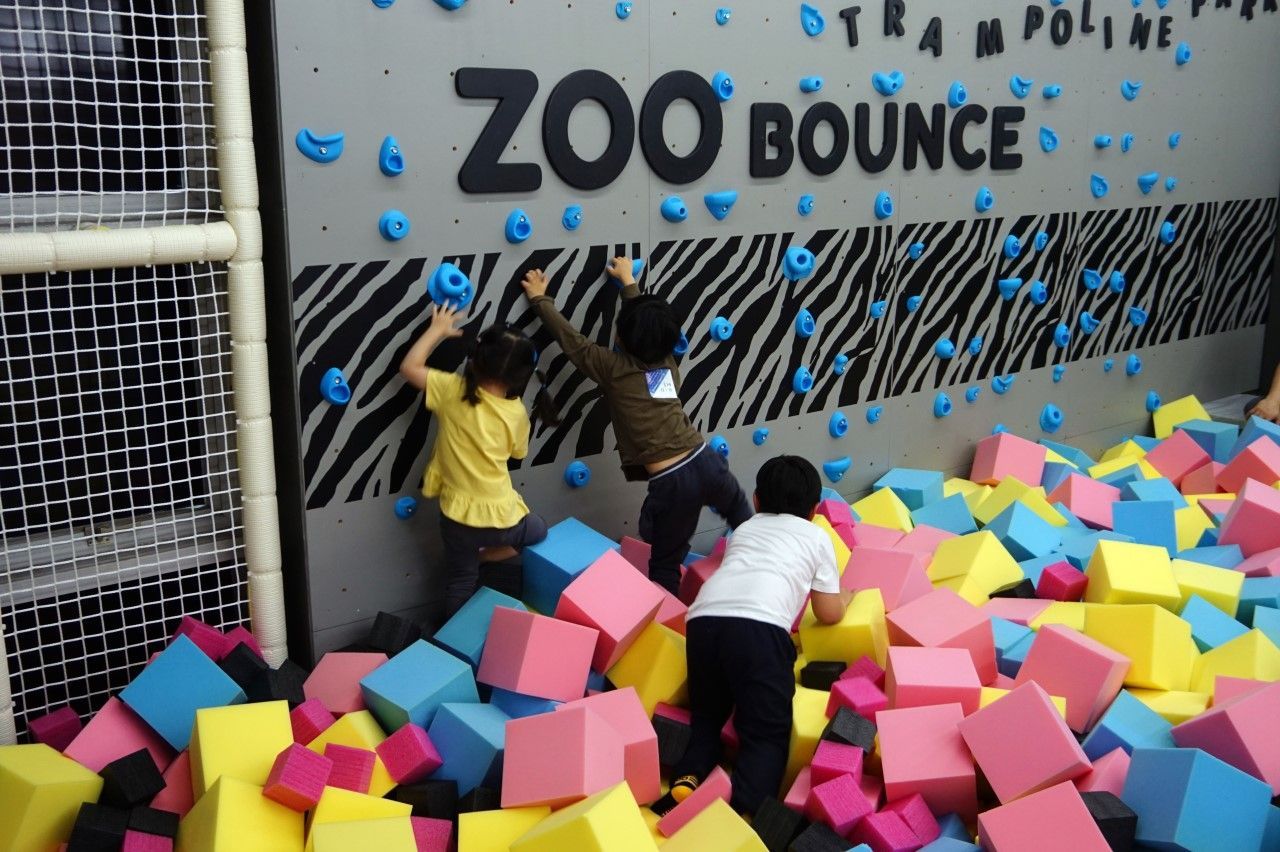10 Street Name, City Name
Country, Zip Code
555-555-5555
mymail@mailservice.com
An In-Depth Look at International Baccalaureate Schools in Korea
The Growing Popularity of International Baccalaureate (IB) in Korea
Overview of IB
The International Baccalaureate Organization (IBO) is an international educational foundation founded in 1968 and headquartered in Geneva, Switzerland. It operates four educational programs for students from 3 to 19 years of age. This follows the European 13-year elementary and secondary education system. 6-year IB Primary Years Program (PYP) for students aged 3 to 12; 5-year IB Middle Years Program (MYP) for students aged 11 to 16; These are the two-year IB Diploma Program (DP) for students up to the age of 19, and the IB Career-related Program (CP) for students who do not take DP.
Commonly, IB means all three of the following.
1. IB Education Foundation
2. Four types of educational programs operated by the education foundation
3. Certificate or certificate received after taking over the course (especially IB DP)
The IB is different because it teaches you to think in different ways, to learn about different cultures, and to be curious about the world. The curriculum is updated every 7 years, so it stays modern and relevant. When you finish the IB program, you can get a certificate or diploma that shows you have completed it.
Understanding IB in More Familiar Terms
Ok, before we get into the real nuts and bolts about IB, let's stop for a moment and prime ourselves according to one's current level of understanding. Maybe you're a parent, a 15-year-old student, or maybe a parent wanting to explain this to your 7-year-old beginning their IB journey.
Explain IB as if I'm 7 years old
The International Baccalaureate, also called the IB, is a special way of learning that some schools use. It helps you become a better thinker and learner by teaching you different subjects in a fun and interesting way. Instead of just memorizing facts, you get to do cool projects and learn how to ask good questions. The IB also teaches you to be a good citizen of the world by learning about different cultures and how to work with people from all over the world. It's like a big adventure that helps you grow up to be a smart and kind person.
Explain IB as if I'm 10 years old
International Baccalaureate, or IB for short, is a special program that some schools offer to students who want to learn more and challenge themselves. It's like a super cool and fun way to learn where you get to explore lots of interesting topics and ideas. You might read books, write essays, or work on cool projects that help you learn new things. At the end of the program, you get a special diploma that can help you go to really good universities or get really cool jobs! It's kind of like getting a superpower for your brain.
Explain IB as if I'm 15 years old
International Baccalaureate (IB) is an educational program that focuses on developing students' critical thinking, creativity, and communication skills. It's a rigorous and challenging program that prepares students for college and beyond by emphasizing interdisciplinary learning and global perspectives.
The IB program is made up of different courses, each of which has its own requirements and assessments. In addition to traditional subjects like math, science, and literature, IB includes courses in areas like art, philosophy, and global studies. Students are also required to complete a research project and participate in extracurricular activities that demonstrate their engagement with their communities and the wider world.
IB is highly respected by universities and employers around the world because it produces well-rounded, culturally-aware graduates who are equipped to tackle complex problems and make meaningful contributions to society.
Explain IB as if I'm a Parent
The International Baccalaureate (IB) is an educational program that aims to develop well-rounded students who are knowledgeable, empathetic, and capable of critical thinking. It is a globally recognized program that is offered in schools all around the world.
The IB program consists of several components, including academic subjects, a focus on personal and social development, and community service. Students who complete the program are well-prepared for further education and for life in general, as they have developed a broad range of skills and knowledge.
One of the unique features of the IB program is its focus on international-mindedness, which encourages students to think beyond their own cultural perspectives and to consider global issues. Additionally, the IB program places a strong emphasis on developing students' research and communication skills, as well as their ability to think critically and creatively.
IB Curriculum in Korean Public Schools
The Ministry of Education is closely examining a plan to spread IB education nationwide based on the success stories of certain IB-based international schools in Korea. In addition, various domestic and foreign experts are meticulously researching and debating the strengths and weaknesses of the IB curriculum. In fact, various studies have shown that IB education has great benefits even for low-income students who have difficulty obtaining quality education opportunities, and that it reaps positive effects in schools with well-prepared teachers' competence and curriculum.
The IB curriculum differs from the French Baccalaureate, known for its essay-type CSAT. IB, developed by the non-profit organization IBO, provides an international curriculum from elementary to high school. The high school IB curriculum planned for Korea includes Korean literature, English, history, geography, economics, science, mathematics, and art as credit courses. The mandatory courses include "Theory of Knowledge," "Short Papers," and "Thesis," while "Creativity, Experience, and Volunteer Activities" are included to provide a unique identity to the existing curriculum.
The IB curriculum is not focused on merely imparting knowledge but rather on cultivating the ability to think critically and creatively. The mandatory course, Theory of Knowledge, encourages reflection on what knowledge is, why it is important, and its ultimate goals. This fundamental philosophy is reflected in the curriculum as a whole, with its emphasis on problem-solving and analytical skills. IB exam questions are often descriptive and essay-type, unlike those found on the CSAT. For example, history and social studies questions might ask, "What is your opinion on the claim that war accelerates social change? Provide two or more examples," while a math question might prompt students to "interpret the graph given below as it relates to Example A and use the results to complete the proof process for Example B." These types of questions are similar to those found on college essay exams.
Contrary to popular belief, the national curriculum implemented in Korea shares many similarities with the IB curriculum. The curriculum has undergone multiple revisions, but it has never aimed for a memorization-based curriculum or presented problems that students can solve without thinking critically. The emphasis has always been on developing thinking skills, creativity, and knowledge-production capabilities suitable for future generations. The curriculum includes substitution essays and course-based evaluations. The scholastic ability test, which is predicted to undergo changes in the future, was introduced in 1994 with the aim of measuring understanding of principles, application ability, and thinking ability, addressing the limitations of the existing academic ability test.
The IB may seem like a new evaluation method, but it is actually not. If it were to be applied nationwide, it could be implemented within 3 to 5 years without difficulty, as it has many similarities with the current national curriculum in Korea. However, Switzerland, where the International Baccalaureate headquarters is located, has not adopted the IB as a national curriculum, likely due to the high licensing fees which can eventually burden education finances. While Japan has piloted about 100 schools with the IB curriculum by 2022, some criticisms have been raised that it was introduced mainly for elite education, encouragement to study abroad, and political purposes.
The establishment of IB as a national public education policy is not currently feasible mostly due to similar concerns of license fees and elitism. In Korea, there is a clear divide between those in favor and those against it. However, the government is reviewing the IB program positively and may apply its own variation. In fact, the Gyeonggi Provincial Office of Education signed an agreement with the IBO last year to introduce the IB program to innovative schools. It has been reported that after selecting 200 IB schools this year, the program will expand to 300 schools.
IB Curriculum at International Schools in Korea
Despite the slower domestic roll-out of IB curriculum in Korea's public schools. international schools in Korea are going full-steam ahead with IB curriculum, such as Chadwick Songdo International School, Branksome Hall Asia, Dulwich College Seoul British School, Dwight Foreign School, Gyeonggi Foreign Language High School, Gyeonggi Suwon Foreign School, Gyeongnam International Foreign School, Seoul Foreign School (SFS), North London Collegiate School Jeju and Taejeon International School, among others.
IB Primary Years Programme
The IB Primary Years Programme (PYP) is an educational program for children aged 3 to 12 years old. It focuses on developing the whole child, incorporating both academic and personal growth. The PYP is designed to encourage students to become active, compassionate, and lifelong learners. It is inquiry-based, meaning that students are encouraged to ask questions and find answers through their own exploration. The PYP includes a broad range of subjects, including language, math, science, social studies, arts, and physical education. It is also designed to help students develop important life skills, such as critical thinking, communication, and social skills. Overall, the PYP aims to provide a well-rounded education that prepares students for future success both in and out of the classroom.
IB Middle Years Programme
The International Baccalaureate (IB) Middle Years Programme (MYP) is a curriculum framework for students aged 11 to 16 (grades 6-10). The MYP focuses on providing students with a holistic education that encourages them to become critical thinkers and lifelong learners. The program emphasizes the development of key skills such as communication, intercultural understanding, and global engagement, and encourages students to explore real-world issues from multiple perspectives. The MYP is structured around eight subject areas: Language Acquisition, Language and Literature, Individuals and Societies, Sciences, Mathematics, Arts, Physical and Health Education, and Design. It aims to prepare students for the IB Diploma Programme (DP) or other advanced secondary education programs.
IB Diploma Programme
The IB Diploma Programme is a two-year educational programme offered to students aged 16-19 years old. It is recognized and respected by universities around the world and focuses on developing students’ academic and personal skills. Students take six subjects, including two languages, a social science, an experimental science, mathematics, and an arts subject. Additionally, they must complete an extended essay, a theory of knowledge course, and participate in creativity, action, and service (CAS) activities. The program is designed to encourage students to be independent thinkers, problem solvers, and to develop their creativity and critical thinking skills. The IB Diploma Programme aims to develop well-rounded students who are prepared for success in higher education and beyond.

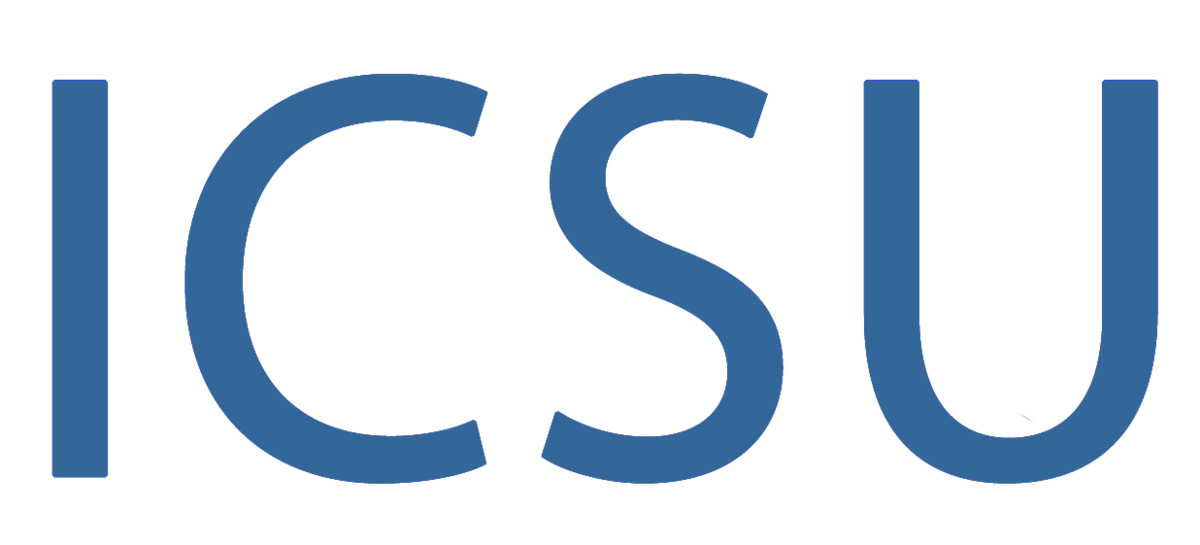


Gangwon's Quest for International Schools: Balancing Education Innovation and Government Regulations
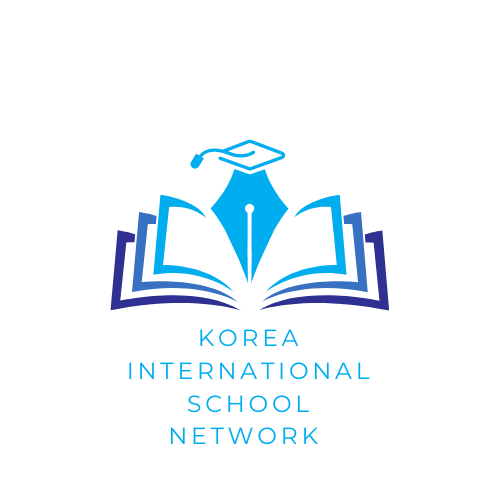
Korea International School Network
#402, Ace Techno Tower 10-cha, 196, Gasan digital 1-ro,
Geumcheon-gu, Seoul, Korea
82-010-2590-1736
koreainternationalschoolnetwork@gmail.com



